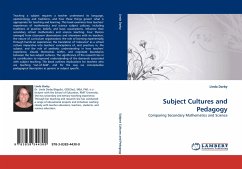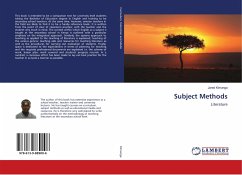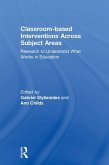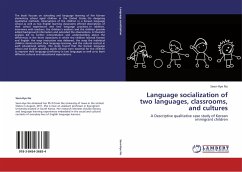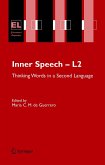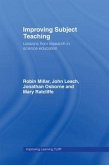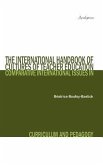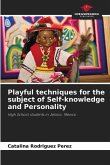Teaching a subject requires a teacher understand its language, epistemology and traditions, and how these things govern what is appropriate for teaching and learning. This book examines how teachers' experiences of mathematics and science subject cultures, including traditions of practice, beliefs, and basic assumptions, influence their secondary school mathematics and science teaching. Four themes emerged from classroom observations and interviews with six teachers: the nature of curriculum organisation; the role of learning experientially through hands-on experiences; the translation of "relevance" as a school culture imperative into teachers' conceptions of, and practices in, the subject; and the role of aesthetic understanding in how teachers' experience, situate themselves within, and negotiate boundaries between the two subject cultures. The significance of the research lies in its contribution to improved understanding of the demands associated with subject teaching. The book outlines implications for teachers who are teaching "out-of-field", and for the way we conceptualise pedagogical description as generic or subject specific.

